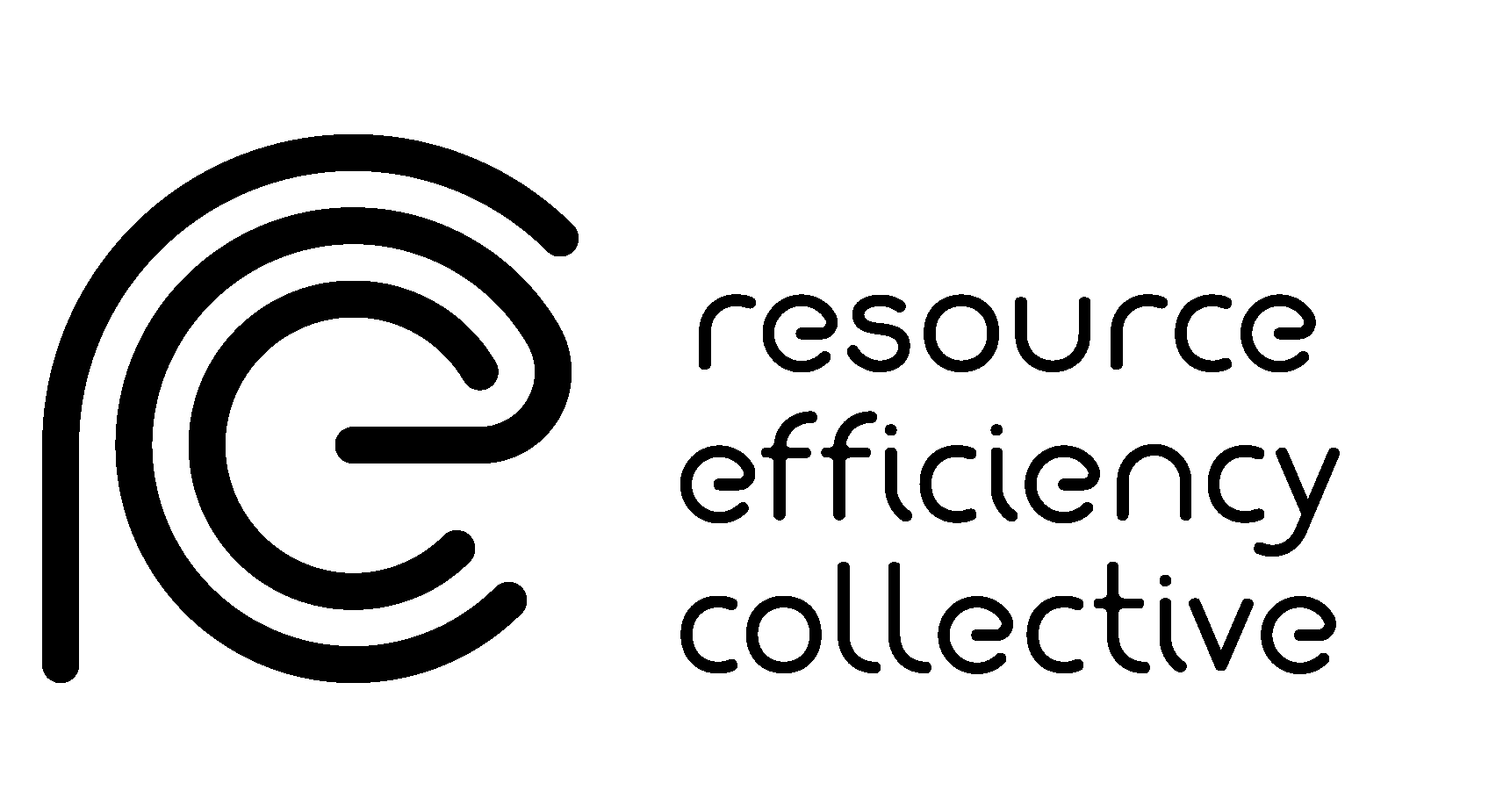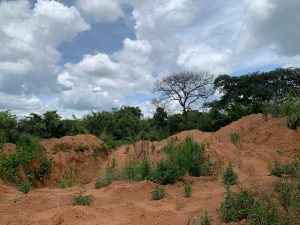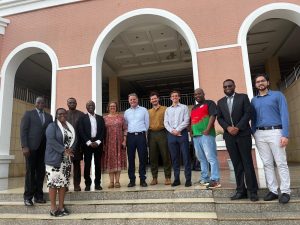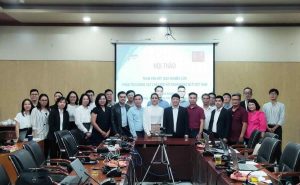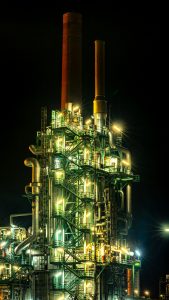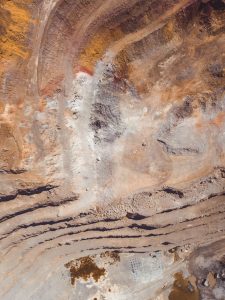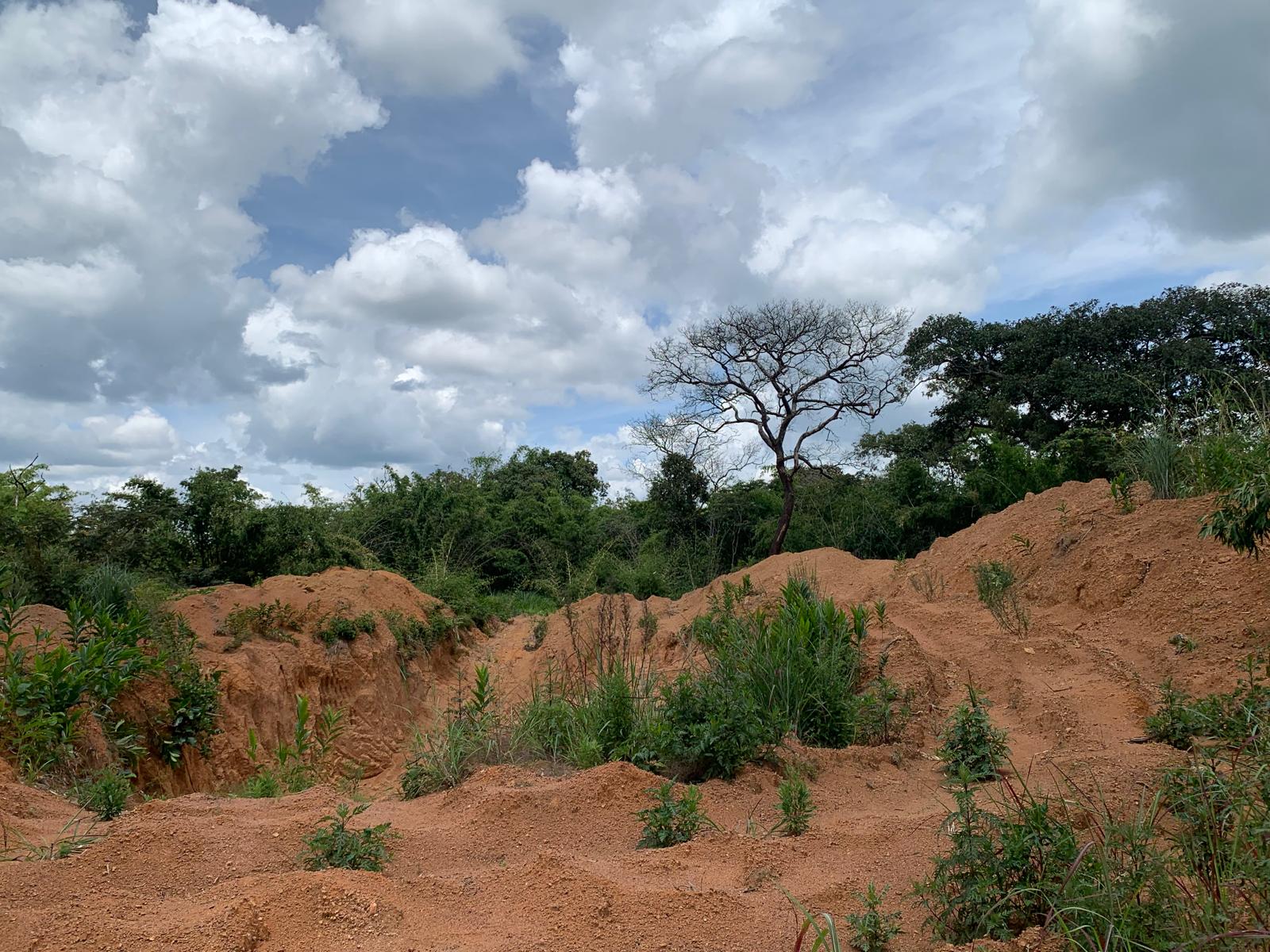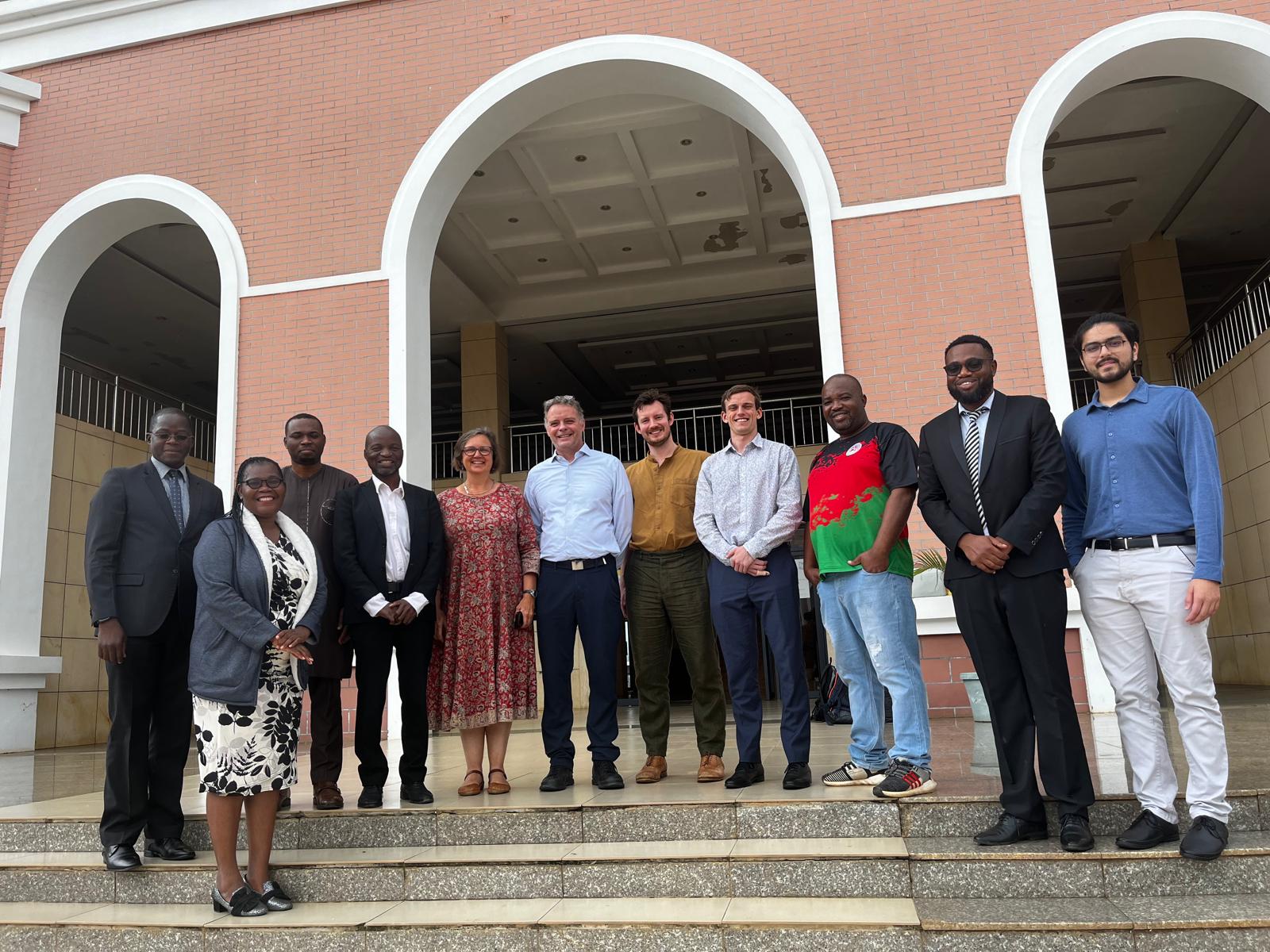2022 Exergy-Economics Workshop
From 26th to 29th June, the 6th International Exergy Economics Workshop took place at Fitzwilliam College, University of Cambridge. In a friendly environment, the event gathered more than 40 researchers from different universities/institutions, countries, and various backgrounds (economists, engineers and physicists).
The workshop was structured cleverly, focusing on the past, present and future. The first day covered Past activities, the second day targeted the Present work, and the final day was reserved for Future collaborations and projects. During these three intensive days, we covered sessions on dynamic models, downstream services and wellbeing, economic models, industry, long-run studies, and net energy (e.g., EROI, Energy Return on Investment).
The workshop had a strong engagement of the Resource Efficiency Collective members. On the first day, an Industry session was led by Prof. Cullen with presentations from Jose Azevedo on tracing all the materials in the UK; Ana Morgado on the control and reported data for clinking manufacturing; I presented on the visualisation of resources interactions; and Prof. Cullen presented on insights for industry from IPCC WGIII. The session was successful, with a fruitful discussion on the topics. In a session named Downstream services and wellbeing, Gabriel Carmona presented stock-flow service interactions in a global and UK social metabolism from an exergy approach. During a Long-run analysis session on the second day, Ella Jennings presented an analysis of energy conversion pathways: efficiencies, morphology, and prevalence over time.
The third and final day focused on the future, with an activity that engaged twelve researchers to pitch an idea they wanted to work with and would like to receive feedback/suggestions on. In a dynamic and interactive way, while one researcher was describing the concept, three to five researchers were asking questions or giving advice about the work. The diversity of backgrounds resulted in a variety of ideas to tackle the proposed ideas.
My highlights include the strong engagement of the community to advance the application of exergy to other fields. The impressive research related to societal exergy analysis comprises complex models and robust database development. The study of useful EROI (energy return on energy invested) pointed out that in a scenario of replacement of fossil fuels by renewable energy, not only must the fuel replaced be considered but also the end-use substituted. This observation demands a much more detailed analysis than the commonly presented studies on the topic, which can clarify the required steps for an energy transition. From a pedagogical perspective, a freshly published book titled A Framework for Sustainability Thinking A Student’s Introduction to Global Sustainability Challenges was presented by Matt Heun. As described in his words, it is “easy to read, hard to digest”. From the presentation, we observed that it succeeds in presenting the complexity of sustainable development, filled with data and challenging questions aimed at developing the proper framework to deal with the upcoming challenges.
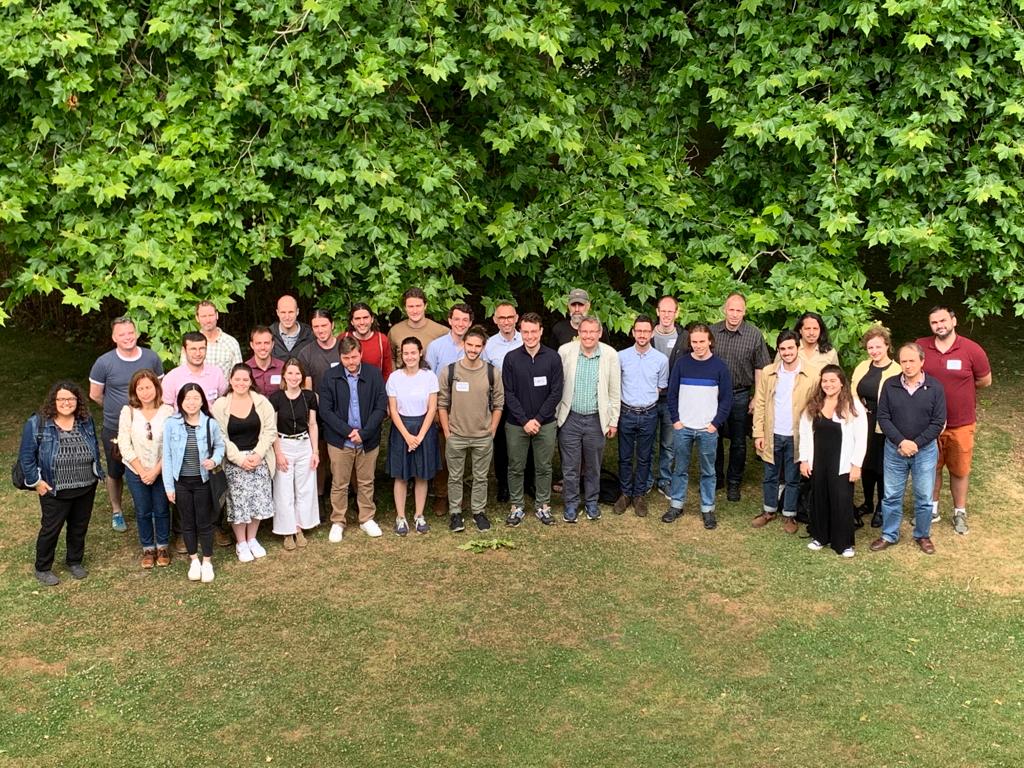
Recreational activities also occurred during the workshop. On the first day, a guided tour of the gardens of the Fitzwilliam College described the plants and animals currently living there; beyond that, it was also explained how the gardens were designed and the functionalities they have, from food production to nurturing biodiversity. On the second day, we visited the MONIAC (Monetary National Income Analogue Computer) in the Faculty of Economics. The MONIAC is also known as the Philips Machine. Created in 1949, it was revolutionary as it allowed clear visualisation of how the economic mechanisms work and were a helpful teaching tool with capabilities for simulation. Prof. Allan McRobie gave an exciting and insightful presentation about how the machine works and mimics the national economy. According to Prof. McRobie, there are only two working MONIAC machines in the world, and the one in Cambridge was restored by himself. On the last day, we visited Cambridge Botanic Gardens appreciating the diversity of plants present in the greenhouse, enjoying a calm and relaxing activity to close three exciting days of the workshop.
The event’s high quality and excellent outcomes result from the committee’s organisation, planning and the participants’ engagement.
I’m looking forward to the 7th edition of the International Exergy Economics Workshop!
Photo Credit: Bogdan Todoran
